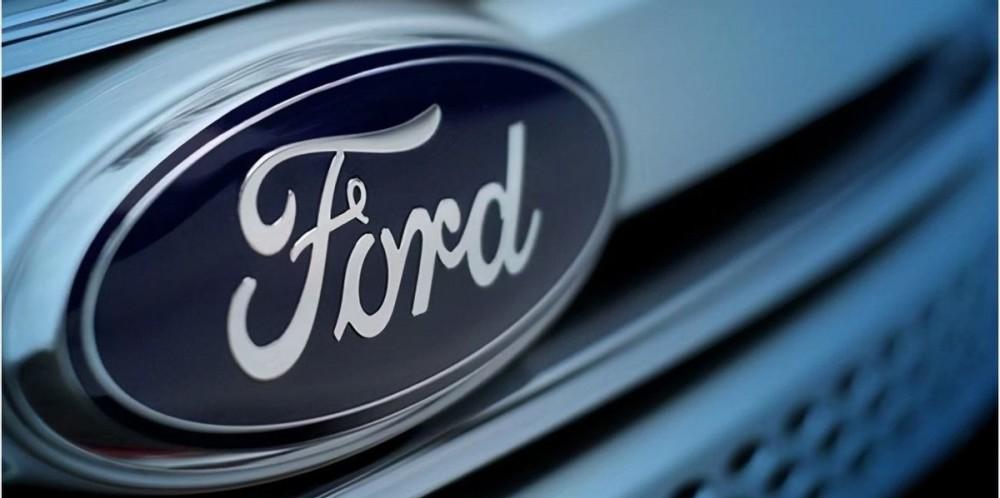Although entering 2022, the supply of semiconductor chips has not been alleviated. There are still many car companies that have to choose to stop production because of this. For example, earlier last month, Ford motor vehicles said it would suspend production at eight plants in the U.S., including Ford's Plants in Michigan, Illinois, Missouri and Mexico, involving models including the Ford Bronco, Explorer SUV; Ford F-150 and Ranger pickups; Ford Mustang Mach-E and Lincoln Aviator.

However, in this month's time, the situation has not changed, but has intensified, and Ford has once again announced the shutdown of two of its plants next week, including the Kentucky plant and the Ohio plant, affected by the Ford Super Duty pickup, Ford Expedition and Lincoln Navigator.
The discontinuation of many models is definitely a huge blow for Ford, with Ford's global car sales in 2021 being 3.942 million units, down 6% year-on-year. Among them, the U.S. domestic market was only 1.9 million units, down 6.8% year-on-year. In addition, in Europe and South America, there have also been different degrees of decline. Fortunately, the Asia-Pacific region saw an 11% year-over-year increase, with a total of 624,000 units sold in the Chinese market, up 3.7% year-on-year.
Multiple production suspensions have raised concerns about Ford's revenue in the first quarter, and officials said the actual situation may be at odds with expectations. At the same time, it is predicted that the speed of capacity recovery in 2022 will lag behind GM. However, Ford expects the situation to be a significant improvement in car sales in the second half of this year.
Since last year, the annual automotive market has fallen into the quagmire of chip supply shortage, and many car companies are facing the problem of limited production capacity. According to statistics, the cumulative production reduction of the global automobile market in 2021 reached 11.324 million units. In the Chinese market, the cumulative production reduction in 2021 reached 2.148 million units, and the chip shortage has caused more than $200 billion in losses to the automotive industry.
For the car, the chip technology it uses is not high, and the performance and process requirements are much lower than those of digital products, which is not supposed to cause supply difficulties. However, the reality is that most of the car chips are very backward products, the profit is relatively small, so chip suppliers are not willing to expand the scale of production for car manufacturers, and chip manufacturers are more willing to provide excess production capacity to companies or industries facing the future development, and the greater profit is also conducive to the company's future development prospects.
In addition to the lack of capacity, another major impact of chip shortage is to make the cycle of cars and other cars longer and make the price of models increase. Entering 2022, major car companies have announced adjustments to the price of their models, including Tesla, Xiaopeng, GAC Aegean, Negu Automobile, etc., which have risen to varying degrees. For example, GAC Aeon raised the price of 10,000 yuan for the 2022 AION Y, and Euler Black Cat White Cat was difficult to maintain a fixed profit margin because of the rising price of raw materials, and finally chose to stop production. In terms of waiting time, Tesla's car pick-up cycle is 10 weeks to start, the highest even to 16 weeks, other new energy vehicles need to wait half a month to a month or so.
Not only that, affected by the Russian military operations with Ukraine at the end of February, the inert gas "neon" needed for chip production was seriously affected, according to reports, 70% of the neon gas used in the chip industry worldwide came from Ukraine. Therefore, it is foreseeable that if this military conflict continues, then the world chip supply crisis will be delayed.